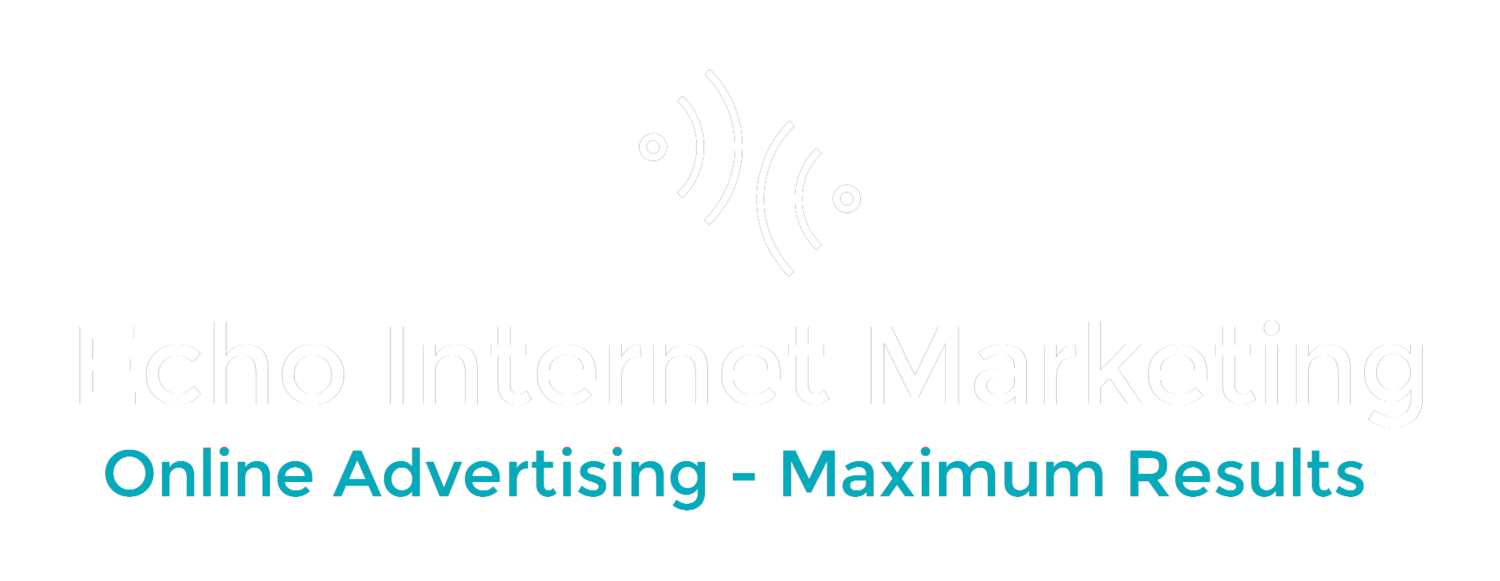A few weeks ago the Federal Trade Commision made a call for a "Do Not Track" option regarding online privacy. We all remember the Do Not Call list that many of us added our numbers to, avoiding many irritating telemarketing calls during dinner.
Many articles were published in the last few weeks regarding this topic but we didn't see a whole lot about how this would affect PPC advertisers, SEOs, and those who use Analytics software to track visitor behaviour, conversions, repeat visitors and more.
Alot of questions come up:
Is this the end of website analytics, Adwords conversion tracking, bounce rates, time on site and geo-targeting? Or is this a step toward protecting people privacy so that you don't have to worry that Facebook will change its privacy settings again and confuse you into having all your info across the internet? Its really too early to tell.
We though we'd select a few articles about this new FTC proposal. They are kind of all over the place in their opinions.
If you have any comments on how this will affect SEO, PPC, Analytics or online marketing in any way we'd love to hear your thoughts. Here are a few news articles on this subject:
USA Today: 'Do Not Track' online privacy measure under consideration
USA Today: Don't Track technology is simple, experts say
Chicago Tribune: FTC proposes 'do not track' list to protect internet users
bnet.com: The FTC's "Do Not Track" Proposal Already Having an Effect
Reuters: Why Web Giants would benefit from a 'do not track' policy
ITBusinessEdge: legislators regulators consider do not track mechanism
